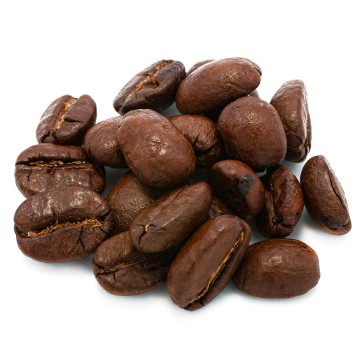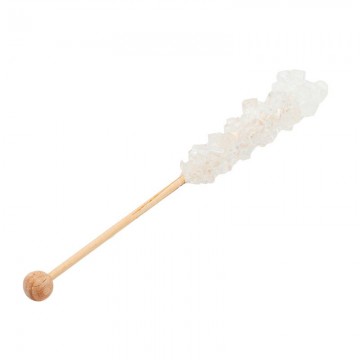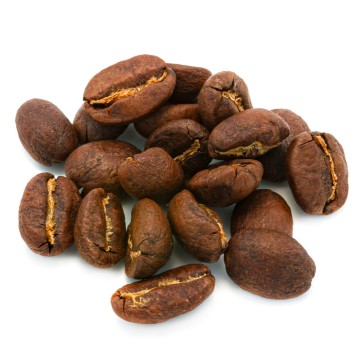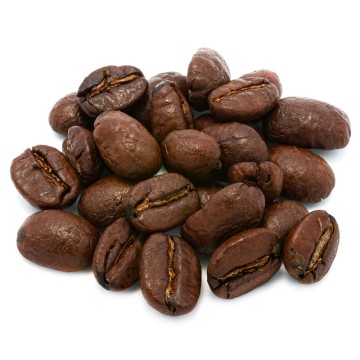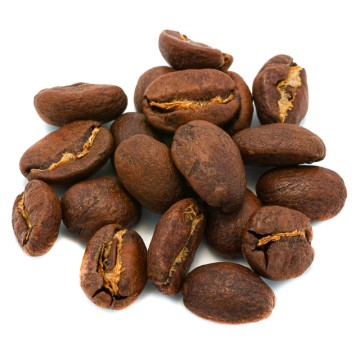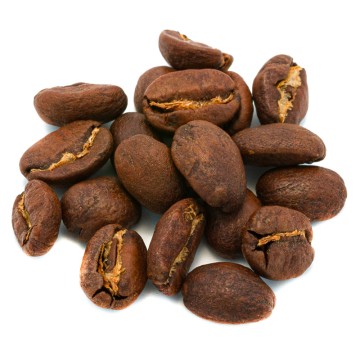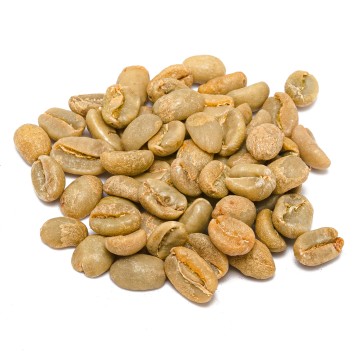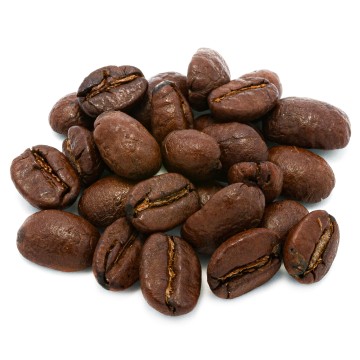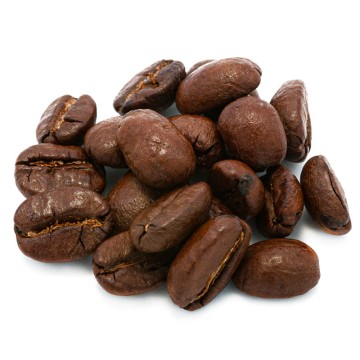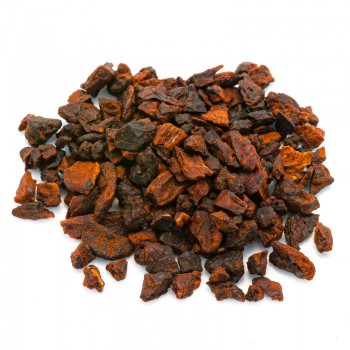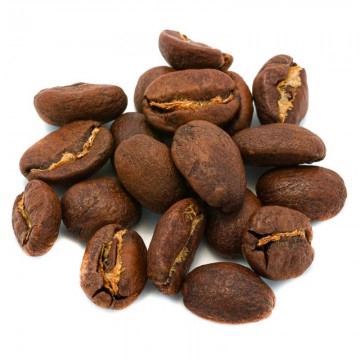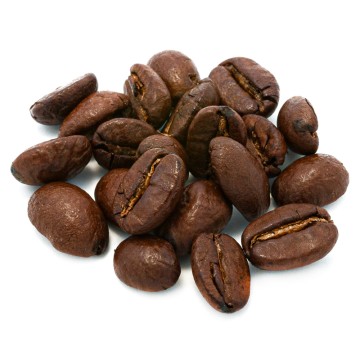Kenya has a coffee production that is rather low in quantity but which excels in quality, at least the exported one. Kenyan coffees are characterized by a full, fruity flavor and high acidity.
History of coffee production in Kenya
The history of coffee in Kenya is completely different from that of neighboring Ethiopia, home of Coffea Arabica, not only was coffee not traditionally consumed in Kenya, but Kenyans still prefer tea , coffee is culturally seen as a colonial product. 95% of coffee production is exported. Production in 2020 was only around 50,000 tonnes, placing Kenya in fifth place in Africa and eighteenth in the world in terms of quantity and production is decreasing, however turnover is increasing because Kenyan coffees are increasingly establishing themselves in terms of quality and the price is going up. It will come as no surprise that 99% of the coffee produced in Kenya is arabica as it is destined for export. Kenyan coffee is exported under the wording Kenya Washed Arabica followed by the indication of the sieve (the sieve is basically a sieve used to select beans of a certain size), i.e. the production area is not identified, after all as we have said Quantitatively, Kenya's coffee cultivation is small and coffee is grown on a total area of only 120,000 hectares at altitudes varying between 1400 and 2000 metres. Various international projects are currently working on training local farmers to increase productivity and develop the potential of coffee growing in Kenya to make it more competitive on international markets and not only known as a niche product. In Kenya there is also a small production of coffee dried with the natural method but in this country this is essentially reserved for discarded beans or branches that have fallen to the ground, therefore it is not high quality coffee.
The quality of Kenyan coffee
As we anticipated, the coffee industry in Kenya has many problems of backwardness and poor training which makes it uncompetitive, paradoxically (or perhaps not) this is not reflected in the quality of the coffee that is exported, indeed it seems that precisely because, for one thing, the productivity of the plants is very low compared to that in other countries, the only way for farmers to stay on the market is to export highly selected beans. From the point of view of environmental conditions, Kenya has everything that the major coffee producers have, tropical forests at high altitudes, volcanic soils, etc. Kenyan coffees have in common that they are full-bodied and fruity, with hints of berries such as chocolate or notes of berries and a marked acidity. What we have written about the poor preparation of Kenyan farmers on coffee cultivation and the value of their product seems to be in contradiction with the notion of the quality of Arabica from Kenya, but here the discussion in the previous paragraph on the selection of beans for size, the highest quality Kenyan coffee (the AA) is characterized by the size of the beans, under the same cultivation conditions the larger beans produce higher quality coffee because they produce an oil that gives an intense aroma to the espresso.</ p>


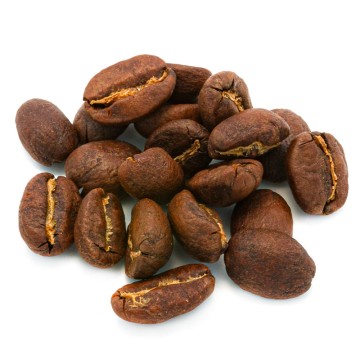
 No reward points for this product.
No reward points for this product.
